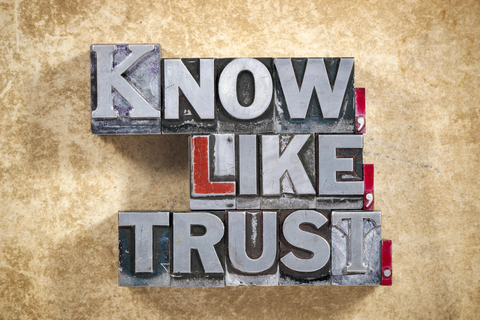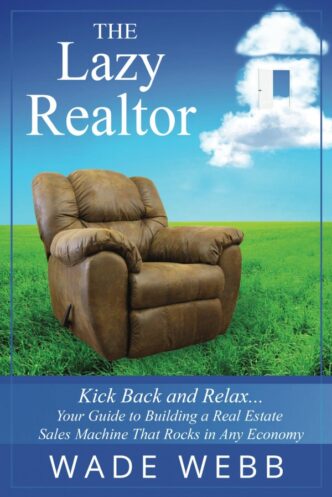
So, why the “ick” factor? Bad salespeople. Many of our issues with sales stem from our experiences with pushy, even aggressive salespeople, and often we end up relenting just to get out of the conversation. This kind of selling used to be effective. It was a one-and-done model that led with a lot of smooth talk and rarely resulted in repeat business. But in an age of hyper-connectivity and relational selling, that model starts to come undone. Try to get away with icky sales tricks and be prepared to have your reputation exposed—and commented on, shared, and warned against.
What if we think more broadly about the concept of selling and instead consider engagement, influence and even persuasiveness—a useful, and slime-free, skill? In fact, it is often this soft skill that determines our capacity to succeed. Almost universally, though, it is underdeveloped in otherwise brilliant people and acts as a handbrake on both their careers and their ability to engage others with their ideas. So what do we need to do to prevent the death of our essential inner salesperson?
1. With all due respect to Simon Sinek, start with who not why. Your why is obviously an important motivator. But your why is not necessarily my why, and yet so many people try to persuade others to join their cause or buy their product or service from a position of how good they are. A better approach is to begin with an environmental assessment. Start the conversation where they are, with what they believe or wish to achieve.
2. Selling is a listening skill. You have two rows of teeth and one tongue, so learn to bite down. People will actually tell you how to influence them—by telling you who they are and what they want the world to know them as. Selling is a process of values and identity alignment, so let the other person do the talking and you might be surprised how persuasive your silence can be.
3. Be easy to agree with. It’s extraordinary how often we lose a sale, an argument or even workplace engagement simply because we’re difficult to agree with. Many times, people will remain unconvinced, not because your argument is flawed, but because they just don’t want you to win. So consider not just the points you are making, but also the barriers you are building between yourself, your audience and the agreement. Our capacity to sell—or engage, influence or persuade—defines our success in our business lives, our personal relationships and even our own self-awareness and effectiveness. But in order to drive the results we really want, we need to flip previous models on their heads and instead learn to sell in reverse.
Strength and courage,
Wade



